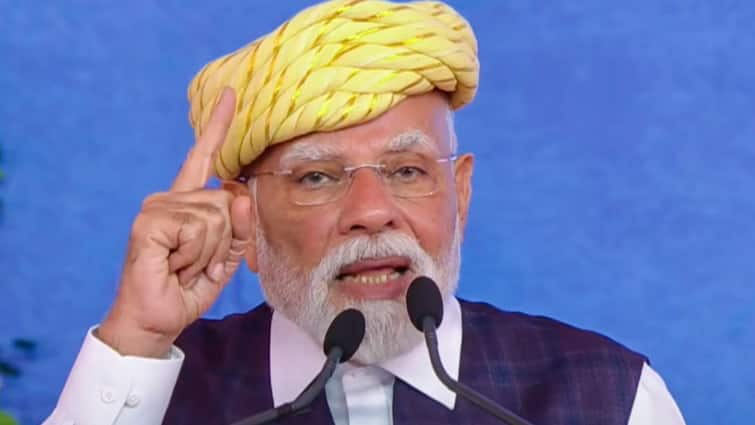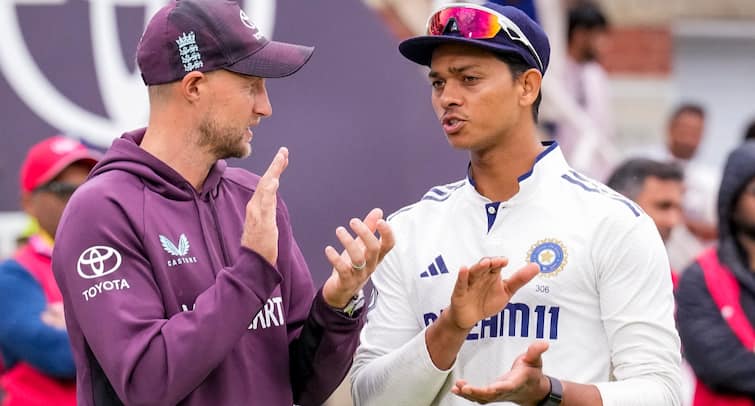Last Updated:
A federal health advisory committee backed by President Donald Trump drew criticism on Friday after declining to recommend COVID-19 vaccine shots

Health panel said obtaining a Covid-19 vaccine shot should be based on individual choice | Image: Representative
A federal health advisory committee backed by President Donald Trump drew criticism on Friday after declining to recommend COVID-19 vaccine shots, questioning their safety and efficacy despite scientific evidence presented at the table.
The Advisory Committee on Immunisation Practices (ACIP), now led by members appointed by Health Secretary Robert F. Kennedy Jr., an outspoken vaccine sceptic, said COVID-19 shots should be left to “individual choice” in consultation with doctors.
Recommended Stories
The panel also endorsed language urging the Centres for Disease Control and Prevention (CDC) to caution patients more strongly about alleged risks from vaccines.
Medical experts sharply condemned the shift, warning that the committee’s approach relied on anecdotes and misinformation rather than science.
“This was like nothing I’ve ever seen,” said Sean O’Leary of the American Academy of Pediatrics. “It looked like clear efforts to sow distrust in vaccines, to instill fear. The discussion focused on myths and case reports—not on science.”
Sandra Fryhofer of the American Medical Association, an observer at the meeting, called the move a troubling erosion of the panel’s integrity.
Policy Shifts Under Trump
The Biden-era policy of broad access to COVID-19 vaccines has already been rolled back under the Trump administration.
The Food and Drug Administration has restricted eligibility primarily to older adults and those with underlying conditions.
Earlier this year, Kennedy announced that the government would no longer recommend shots for children and healthy pregnant women.
Public health leaders warn that such decisions risk confusing patients and limiting access to boosters, especially as COVID cases and hospitalisations tick upward.
One proposal considered on Friday would have required prescriptions for anyone seeking a COVID-19 vaccine.
The measure narrowly failed in a tiebreak vote.
Epidemiologist Catherine Stein, an ACIP member who opposed it, warned that the policy would hit vulnerable groups the hardest.
“The underinsured and those without regular access to health care would be unable to get a prescription—and those are the people at highest risk,” she said.
Confusion Over Other Vaccines
The meeting also descended into contradictions over childhood immunisations.
The panel initially voted that children under four should not receive the combined MMRV vaccine for measles, mumps, rubella, and chickenpox, citing a small risk of temporary febrile seizures.
However, they reversed course the next morning, voting against federal funding for the combined shot while still offering separate MMR and varicella injections.
Another contentious issue involved whether to continue recommending that newborns receive a Hepatitis B vaccine within 24 hours of birth.
That practice has long been considered the best defence against mother-to-child transmission of the incurable liver disease.
Adam Langer, a CDC scientist, warned that any retreat from the policy could increase long-term risks of liver failure and cancer. The committee postponed a final decision.
United States of America (USA)
September 20, 2025, 16:56 IST
Loading comments…
Read More



